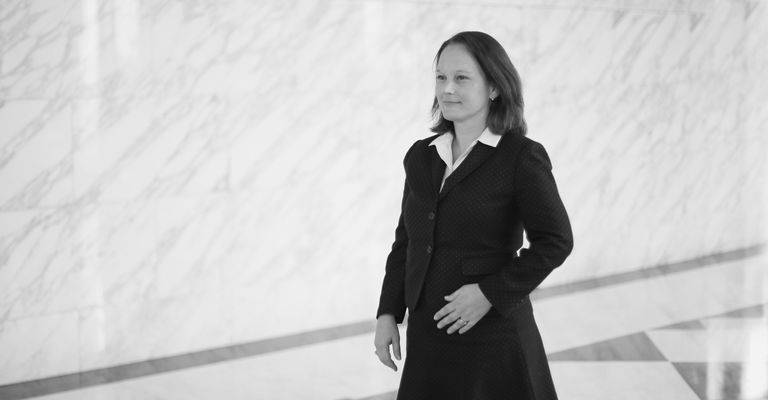BankBCLP
Georgia Supreme Court Addresses Non-Judicial Foreclosures
May 20, 2013On May 20, 2013, the Georgia Supreme Court issued a unanimous opinion in the You v. JP Morgan Chase case (Case No. S13Q0040). The You Opinion addresses several questions that the United States District Court for the Northern District of Georgia had certified to the Supreme Court regarding the operation of Georgia's law governing non-judicial foreclosures.
First, the Supreme Court addressed the question: "Can the holder of a security deed be considered a secured creditor, such that the deed holder can initiate foreclosure proceedings on residential property even if it does not also hold the note or otherwise have any beneficial interest in the debt obligation underlying the deed?" The Supreme Court answered "Yes" to this first question.
Second, the Supreme Court addressed the question "Does O.C.G.A. § 44-14-162.2 (a) require that the secured creditor be identified in the notice described by the statute?" The Supreme Court answered "No" to this second question.
The Supreme Court included a paragraph at the end of the You decision expressing its view on whether existing Georgia foreclosure statutory law adequately protects home owners in Georgia: "As members of this State’s judicial branch, it is our duty to interpret the laws as they are written. This Court is not blind to the plight of distressed borrowers, many of whom have suffered devastating losses brought on by the burst of the housing bubble and ensuing recession. While we respect our legislature’s effort to assist distressed homeowners by amending the non-judicial foreclosure statute in 2008, the continued ease with which foreclosures may proceed in this State gives us pause, in light of the grave consequences foreclosures pose for individuals, families, neighborhoods, and society in general. Our concerns in this regard, however, do not entitle us to overstep our judicial role, and thus we leave to the members of our legislature, if they are so inclined, the task of undertaking additional reform." (citations omitted).
On May 20, 2013, the Supreme Court also issued its opinion in the Provident Funding Associates, L.P. v. Izell Reese case (Case No. S12C2028), in which a petition for certiorari had been filed related to the Court of Appeals' decision that O.C.G.A. § 44-14-162.2 required that a notice of foreclosure identify the secured creditor. In the Reese Opinion, the Supreme Court vacated the judgment of the Court of Appeals and remanded the case to the Court of Appeals for consideration in light of the You Opinion. A copy of both the You Opinion and the Reese Opinion is attached.



